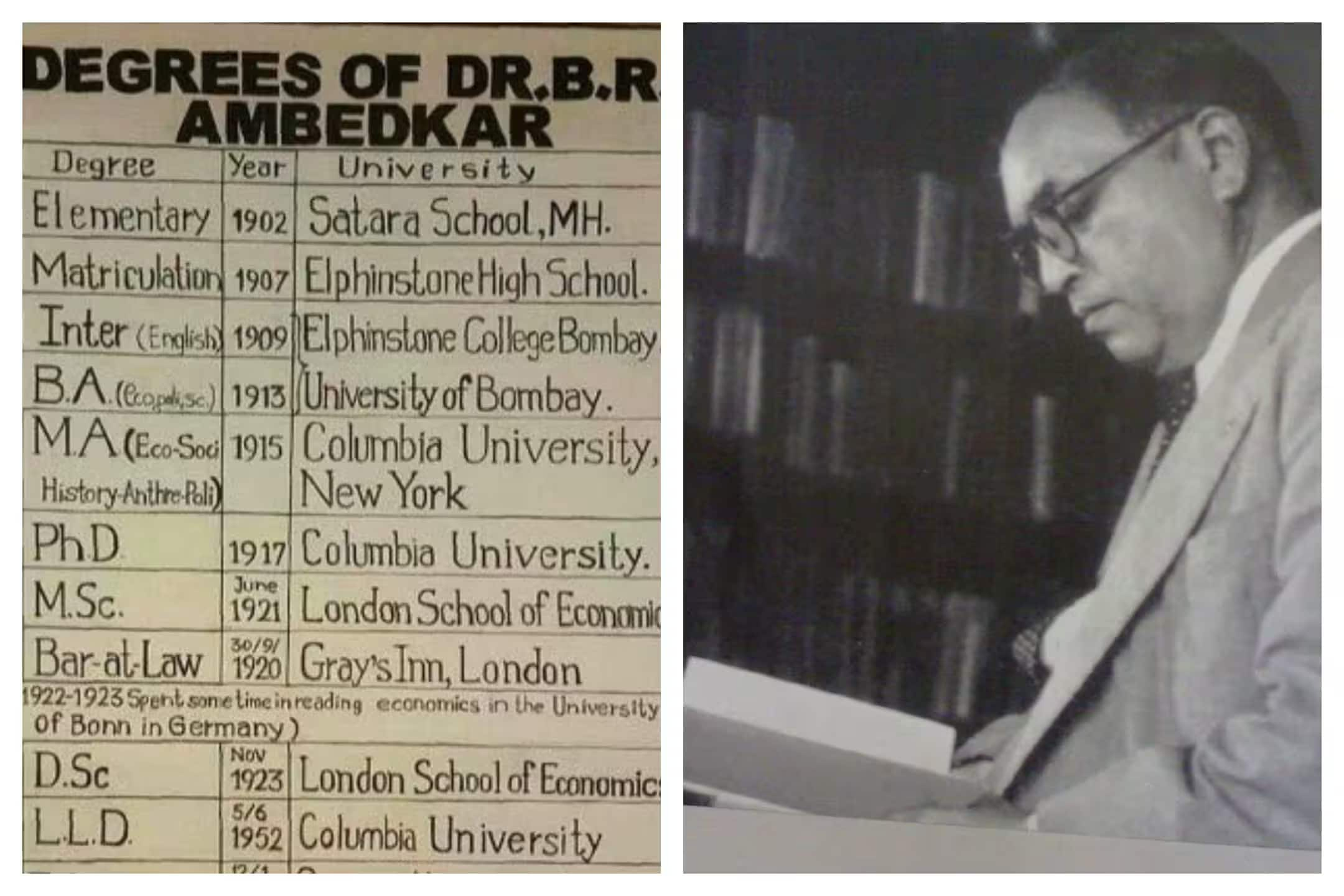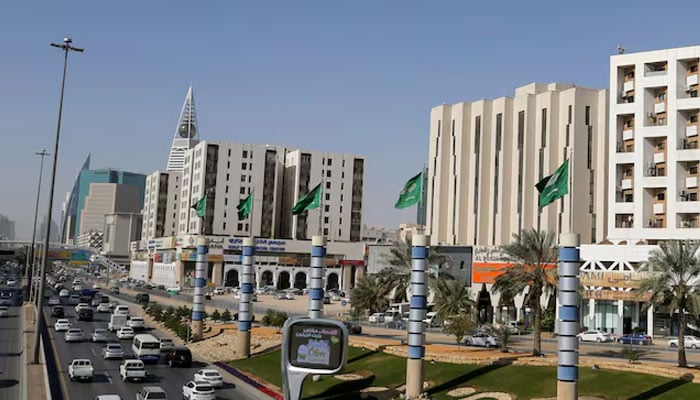
By Kene Obiezu The Economic and Financial Crimes Commission’s (EFCC) stunning recoveries of public property stolen by thieving public officers offers hope that Nigeria may yet be on the road to recovery after many years of ruinous corruption and kleptocracy. It is a measure of the level of depravity and depredation present in public office in Nigeria that more than half of Nigeria’s 36 state governors recently wound up at the Supreme Court to seek a judicial extirpation of Nigeria’s crime fighting agencies – EFCC, Independent Corrupt Practices Commission (ICPC) and Nigeria Financial Intelligence Unit (NFIU). In a far-reaching judgement that ensured public officers-turned-professional-litigants won’t be returning to court in a long time, Abba-Aji rebuked them describing their misadventure as selfish.
A few weeks later, fugitive former governor of Kogi State, Yahaya Bello, submitted himself for trial after five months on the run. About the same time, the EFCC also recovered a sprawling estate of about 753 duplexes in the Federal Capital Territory. The fraudulent investment was said to have the fingerprints of a former high-ranking public officer.

The Office of the National Security Adviser (NSA) has also said that the efforts of the EFCC has led to recovery of about N248 billion and $105 million. A few days ago, the EFCC also nabbed about 792 suspected crypto fraudsters in Lagos. Do these massive efforts by Nigeria’s premier financial crime-fighting agency set Nigeria on the road to recovery? It would appear so.
But the question of who will clean the Augean Stables rages still – it has been engaging Nigerian minds unsuccessfully for decades now. The EFCC was established in the early 2000s. For good or for bad, the then Obasanjo administration saw the need to confront corruption brought on by years of military misrule and civilian displacement in power.
What the military men who ruled Nigeria left behind, civilians who entered public office were quick to mop up fostering a culture of corruption in the country. Only history and posterity would one day confirm whether Obasanjo truly meant to fight corruption or if it was an opportunity for him to exercise political control and exert political pressure on his opponents. The EFCC has been around and about for years now.
Occasionally, the agency rakes in a significant recovery of the proceeds of corruption. These recoveries never fail to shock Nigerians who seem to have an endless capacity to be shocked despite my any years of withstanding shocks. Despite the valiant efforts of the EFCC, occasionally tainted by accusations of lack of professionalism, or the corruption of too much politics, corruption does not appear to have reduced in Nigeria.
If anything, it is finding new forms to express itself, especially finding new impetus in GenZ and their daring audacity to think and throw up new ways of doing things. Why does corruption persist so powerfully in Nigeria? It is because so many people at all levels of the society are involved. The deceptive simplicity of the answer is also the reason it is so difficult to fight.
From public officials to jobless young Nigerians to private sector players who hold up bribes rather than competence as cards in their engagement with public officers, Nigeria has a corruption problem. This difficulty which runs deep and is showing no signs of letting up largely persists because the government is still holding back in the fight against corruption. The EFCC may continue to huff and puff but as long as the government is unwilling to rattle its ranks in this fight, it will only continue to scratch the surface of what is in essence a battle for the soul of Nigeria.
• Obiezu writes via email, [email protected].















